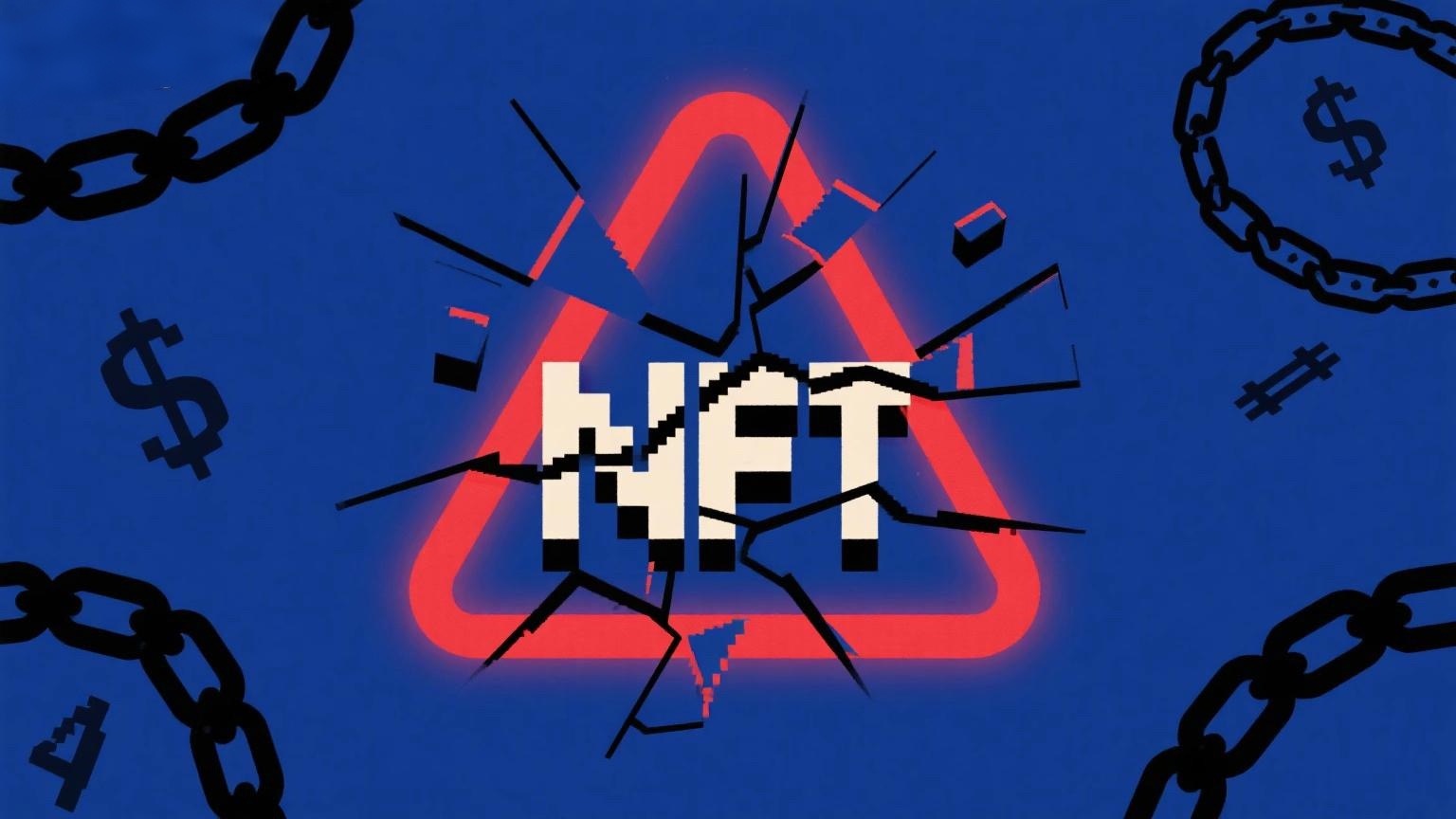
Phishing Scams
Phishing scams are a prevalent issue in the NFT world, where scammers use deceptive methods to steal sensitive information such as private keys or login credentials. These scams often occur through emails, social media messages, or fake websites mimicking legitimate NFT platforms. Scammers lure victims with promises of exclusive NFT deals or access to rare digital assets. Once victims enter their information on these fraudulent platforms, their digital wallets and the assets within are compromised.
To prevent phishing scams, always verify the authenticity of any communication or website claiming to be from a reputable NFT platform. Be cautious of unsolicited offers and never share your private keys or sensitive account information.
NFT Airdrop or Giveaway Scams
NFT airdrop or giveaway scams exploit users' desire for free assets. Scammers promote fake airdrops or giveaways, claiming to distribute free NFTs or cryptocurrencies. To participate, users are often required to complete certain tasks, such as sending a small amount of cryptocurrency, sharing private keys, or filling out forms with personal information. Once the information is shared or payment is made, the scammers disappear without delivering the promised NFTs.
To avoid these scams, be wary of any offers that seem too good to be true, especially those requiring upfront payments or sensitive information. Legitimate airdrops and giveaways typically do not require such actions.
Website Scams
Website scams in the NFT space often involve the creation of fraudulent websites that mimic legitimate NFT marketplaces or projects. These websites may sell counterfeit NFTs or pretend to offer services related to NFT trading. Unsuspecting users who transact on these sites may end up losing their funds or digital assets. These scams are highly sophisticated, with the websites often appearing very credible and professional.
To avoid falling victim to website scams, always double-check the URL of the site you are visiting and ensure it is the official website. Look for signs of legitimacy, such as secure connections (https), reviews from trusted sources, and verified contact information. Be cautious of websites linked from unsolicited emails or social media messages, and consider using browser extensions that can help detect and block malicious sites.
Most Common NFT Ponzi Schemes
NFT Ponzi schemes are a significant form of fraud in the digital asset space, masquerading as legitimate investment opportunities. They benefit early initiators at the expense of later participants, often promising quick and high returns backed by complex or non-existent business models.
A common form of NFT Ponzi scheme involves platforms claiming to offer exclusive access to rare or high-value NFTs, with promises of rapid appreciation in value. Investors are urged to purchase and recruit others, with the promise of earnings from future higher sales. However, the returns are typically funded by new participants' investments. When the influx of new investors slows, the scheme collapses, leaving most participants with losses.
Another variant involves scammers creating NFT projects with elaborate backstories and promises of future utility, attracting investors with high-quality artwork or supposed real-world asset tie-ins. The goal is to drive up initial sales and trading volume, after which the creators disappear, leaving investors with worthless tokens.
To avoid NFT Ponzi schemes, thoroughly research any project or platform, especially those promising high returns. Look for transparent, realistic business models and be wary of projects that rely on recruiting new investors for profitability.
NFT Scams on Instagram
Instagram's vast user base and visual focus make it a breeding ground for NFT scams. Scammers leverage its popularity to carry out various fraudulent activities, from fake NFT sales to phishing attacks. Instagram's suitability for showcasing digital art allows scammers to use fake or hacked profiles to promote fraudulent NFT projects.
A common NFT scam on Instagram involves scammers posting images of digital art, falsely advertising them as NFTs for sale. These posts often link to fake websites prompting users to provide personal information or send cryptocurrency for non-existent NFTs. Another method involves sending direct messages with offers to purchase or invest in NFT projects, which are actually scams.
Phishing attempts are also rampant, redirecting users to fake websites mimicking popular NFT marketplaces or wallets. These sites steal login credentials, leading to the loss of funds or NFTs from victims' actual wallets.
Protecting yourself from NFT scams on Instagram requires high vigilance. Always verify the authenticity of any NFT sales or projects promoted on the platform. Be skeptical of unsolicited offers received via direct messages and avoid clicking on suspicious links. Additionally, cross-reference NFT offerings with official websites or platforms and never share personal or wallet information on unverified sites.
















